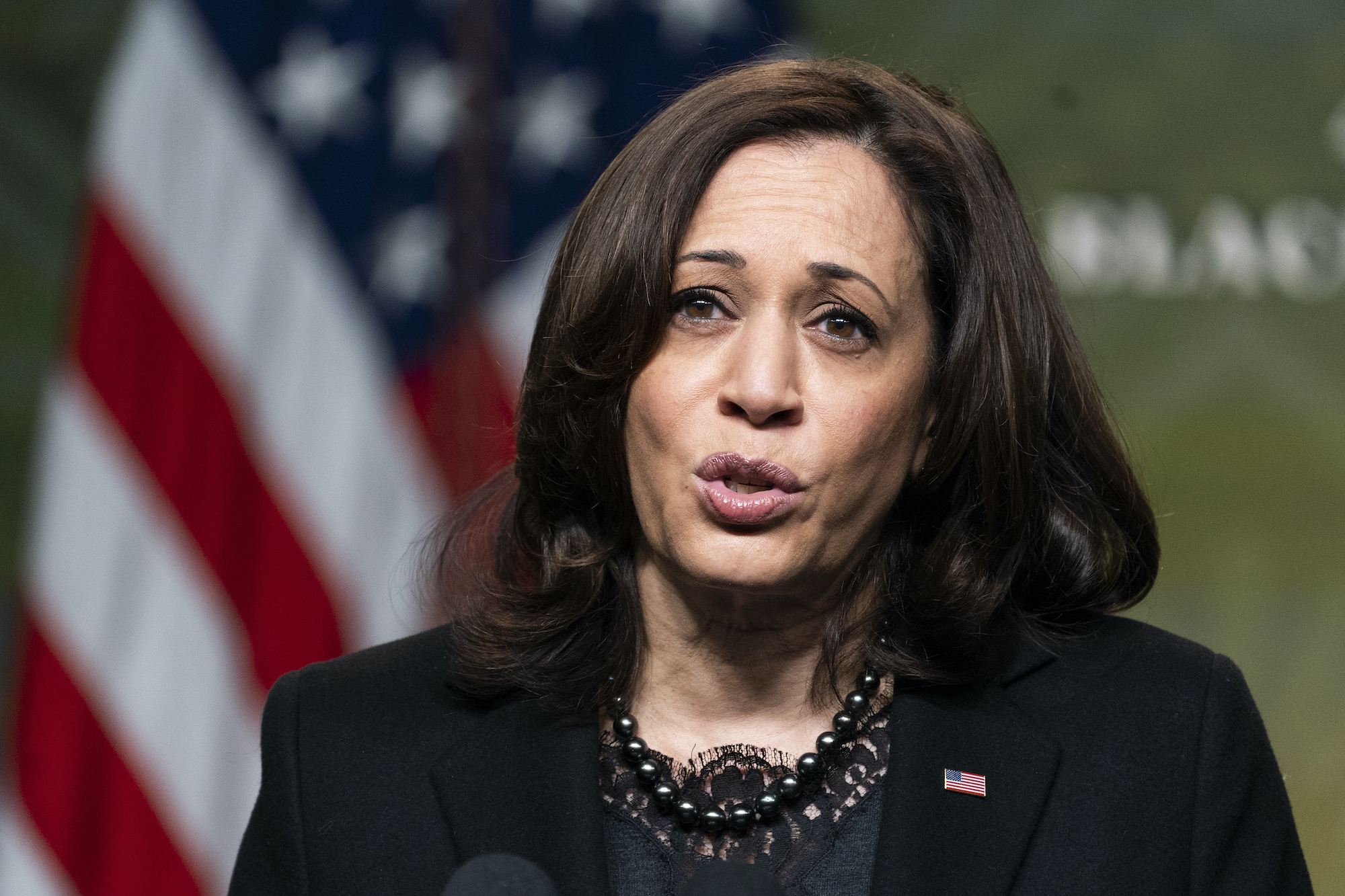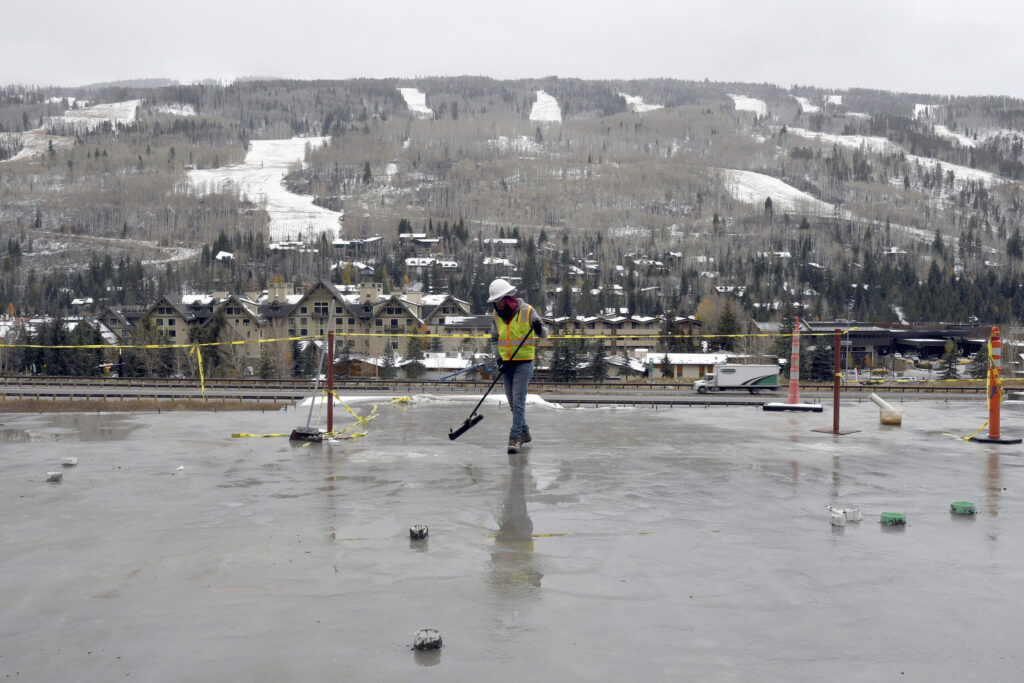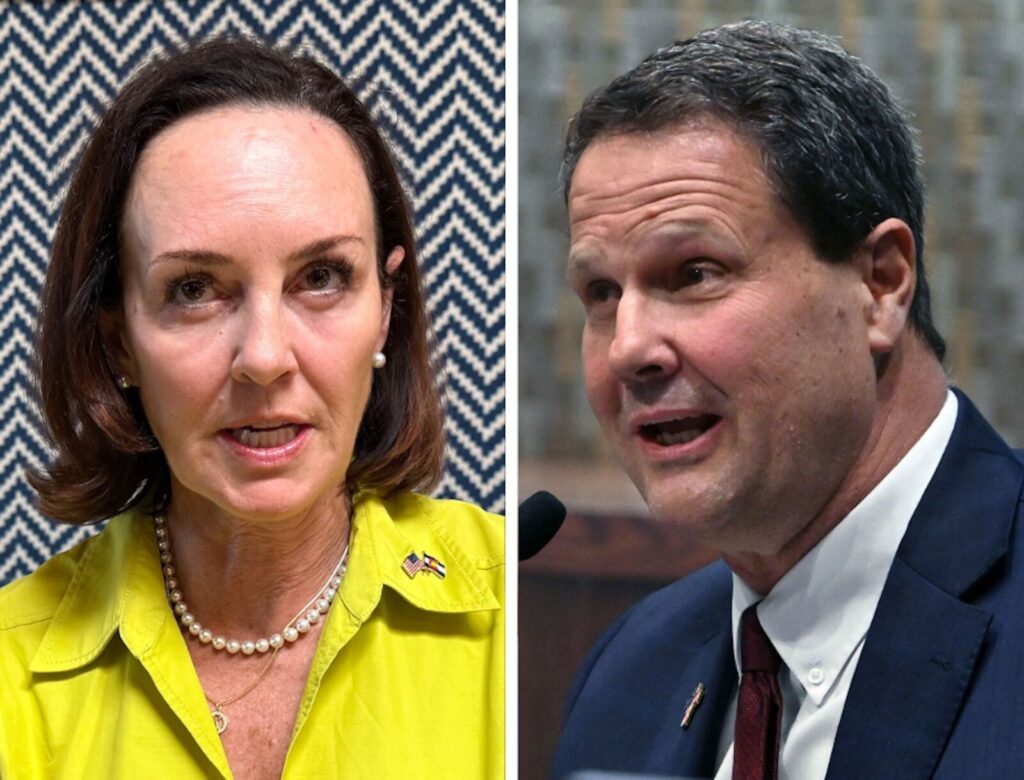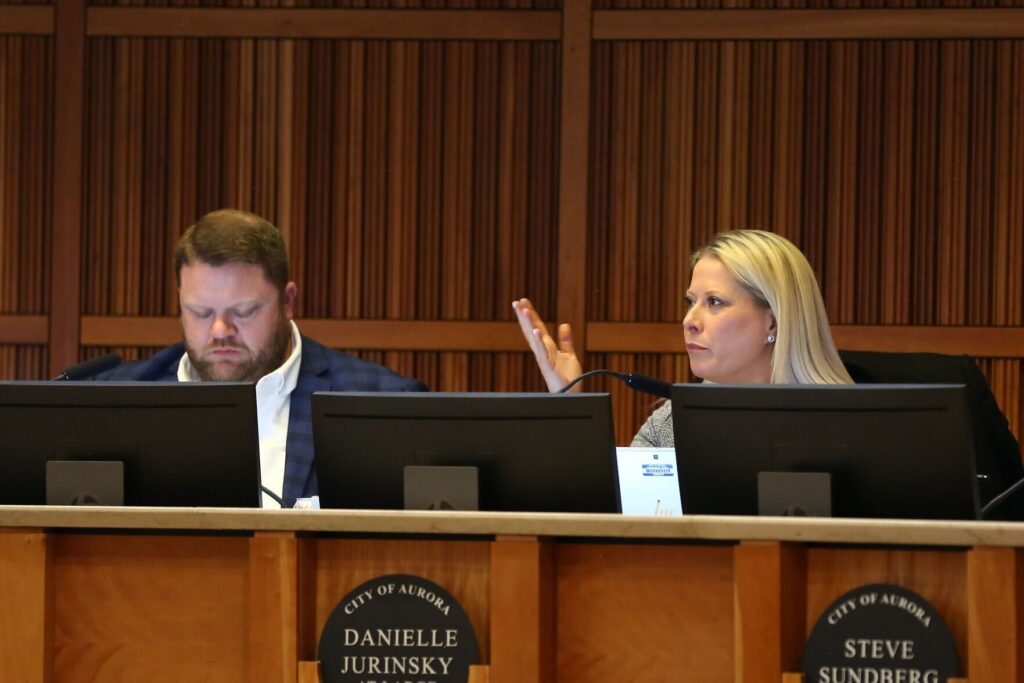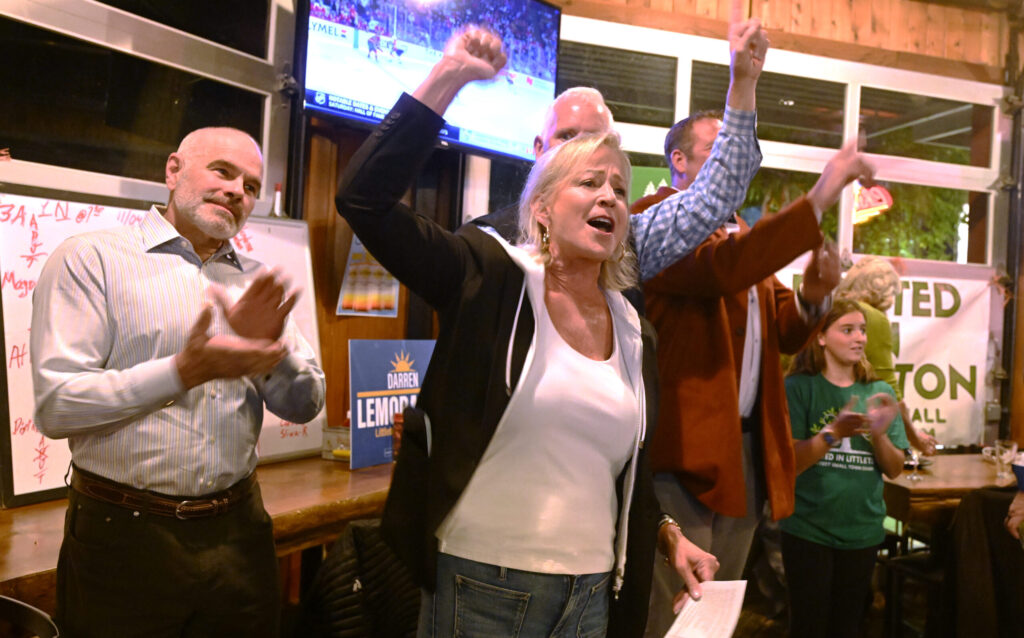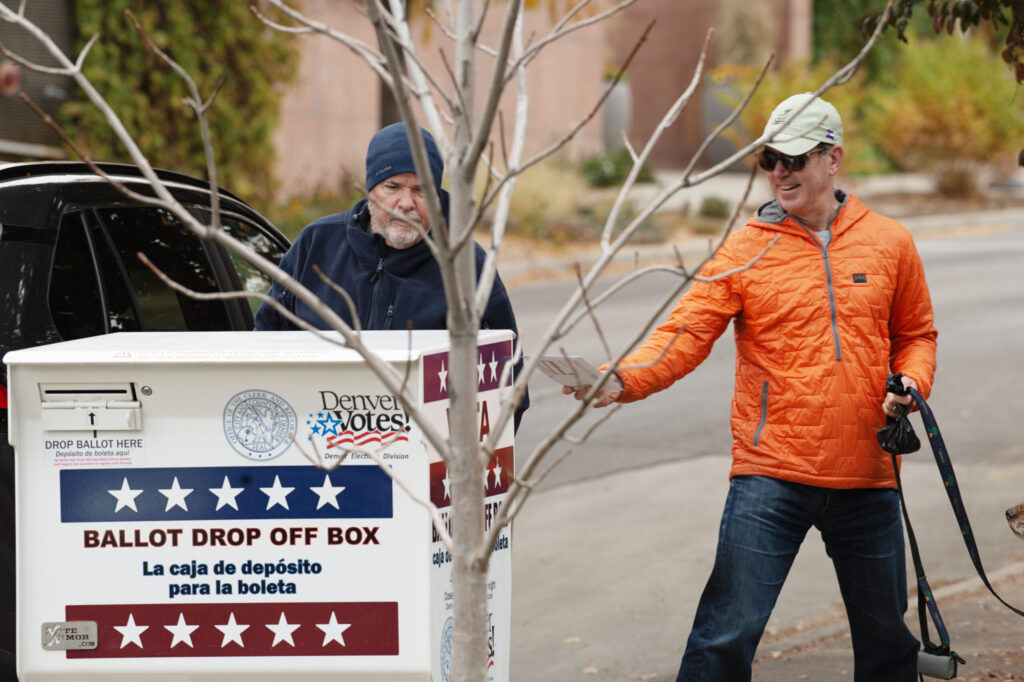SONDERMANN | Putting conventional wisdom to the test

Conventional wisdom, while easy to decry, is conventional because it is widely held and most often right.
Though being usually correct is not the same as being always correct. In most contexts, it is useful to occasionally challenge assumptions. And to check the math. In that vein, let’s put three bits of such established thinking under the microscope and see if they hold water.
The first such piece is that we are inevitably headed to a blowout Republican sweep this fall. For most pundits and prognosticators, the only question is whether it will be a medium to large wave or a full-on tsunami.
The rationale behind such an assessment is all too clear. Mid-term elections are historically difficult for the party occupying the White House. President Biden’s approval numbers are deeply underwater.
Inflation is rampant, supply chains are busted, violent crime is spiking, the pandemic remains too present, Democratic legislative victories have been sparse, the party’s message has been largely defined by its most strident voices, Biden seems frequently overmatched, public morale is way down and widespread dispiritment is the order of the day.
Put all that together, or even a small part of it, and it logically spells a GOP rout. Expectations that this could rival the wipeouts of 1994 and 2010 are not uncommon.
Yet, what if other factors mitigate or even neutralize the GOP advantage? The Dobbs decision could disrupt the long-time Republican formula of keeping the base riled up over abortion while knowing that Roe kept those rights intact. In that respect, Republicans now may be like the dog that caught the car.
What if Dobbs serves to move significant numbers of unaffiliated voters, mainly women, along with a smattering of moderate Republicans, to the extent that species still exists? For many such voters, if the decision itself did not provide sufficient alarm, the ungraceful, spike-the-ball laws being promoted in various red states may intensify the reaction.
Then factor in the numerous winnable seats Republicans may be ceding by way of their penchant for choosing unattractive, unelectable, plain out wacky candidates. In any GOP wave, the governor’s chair in Pennsylvania should be highly gettable. Ditto for the senate seat in Georgia. But the likes of nominees Doug Mastriano and Herschel Walker could turn both of those races into longshots. That pattern may repeat in countless other places.
Which brings us to the ever looming presence of the defeated, rejected Donald Trump. Speculation is that he may announce his 2024 candidacy in the middle of this fall’s cycle. Many Republicans, including some in Trump’s orbit, are counseling against this, not wanting Trump to make himself the issue. But for a narcissist, putting himself front and center is the whole point. The risk is that Trump’s presence changes the election from a referendum on Biden to a proxy choice between Biden and Trump.
If you are the betting sort, the smart wager is still on a big Republican year. But don’t bet the house.
Next up in the conventional wisdom department is the assumption that Trump remains the unassailably dominant force on the Republican side and that the 2024 nomination is his for the asking.
Again, this is likely the case, but not assuredly so. Trump fatigue is real. The dramatic hearings of the House Jan. 6 committee have no impact on his cultish base, but have peeled away some support at the margins. A criminal indictment is not out of the question.
Trump-endorsed candidates have won most of their primaries, but far from all. He suffered a wipeout in the Georgia GOP primary. His gubernatorial choices lost in Idaho and Nebraska.
Indications suggest some softening of affinity for Trump among ardently pro-life voters since the Dobbs ruling. For those in these ranks whose support was purely transactional, Trump’s Supreme Court picks sealed that deal, meaning his future utility is of less consequence.
Florida Gov. Ron DeSantis and other prospective candidates embracing a Trump-like agenda but with policy chops and a more serious demeanor, and without Trump’s soap opera dysfunction, shows signs of traction.
It may be less a case of Trump’s balloon bursting than of the air faintly, slowly, steadily leaking away.
Which brings us to the final check on common assumptions which is that the Democratic nominee two years hence inevitably will be Biden or Kamala Harris.
There is abundant logic behind such a view. Incumbent presidents typically receive their party’s nod for a second term. For the last century, vice presidents not named Quayle have been nominated for their shot at the Oval Office when they have sought it.
However, Biden may be, and frankly should be, an outlier. Age is what it is. The Democratic Party desperately needs a generational handoff. The prospect of Biden still exercising presidential duties at age 86, further diminished by six more years of such awesome obligations, is hardly heartening.
Every instinct is for Biden to feign his intention to run again. Politicians never want to be seen as lame ducks. That is its own form of conventional wisdom.
But with his approval rating hollowed out, Biden might consider a counter-intuitive move of announcing now that he will forego another race. Lame duck status could liberate himself and his party. It could free him of many partisan constraints and allow him to spend two years endeavoring to be the healing presence he had pledged.
As for Harris, it will be no easy trick to deny the nomination to the sitting veep who happens to be the first female and person of color to hold that office. In a party consumed by identity politics, Harris will be hard to dislodge.
Still, her footprints over the past two years have been light and halting. Her political ear bears all the marks of having risen in a non-competitive, left-leaning, one-party state. Few Democrats exude confidence that she can defeat Trump or a Trump-like successor.
That begs the question of, if not Harris, then whom? There is time aplenty for that conversation.
We are living through a topsy-turvy political era. Amidst such tumult, it is especially critical to question our embrace of conventional thinking. And to rigorously test those assumptions now and then.
Eric Sondermann is a Colorado-based independent political commentator. He writes regularly for ColoradoPolitics and the Gazette newspapers. Reach him at?EWS@EricSondermann.com; follow him at @EricSondermann

